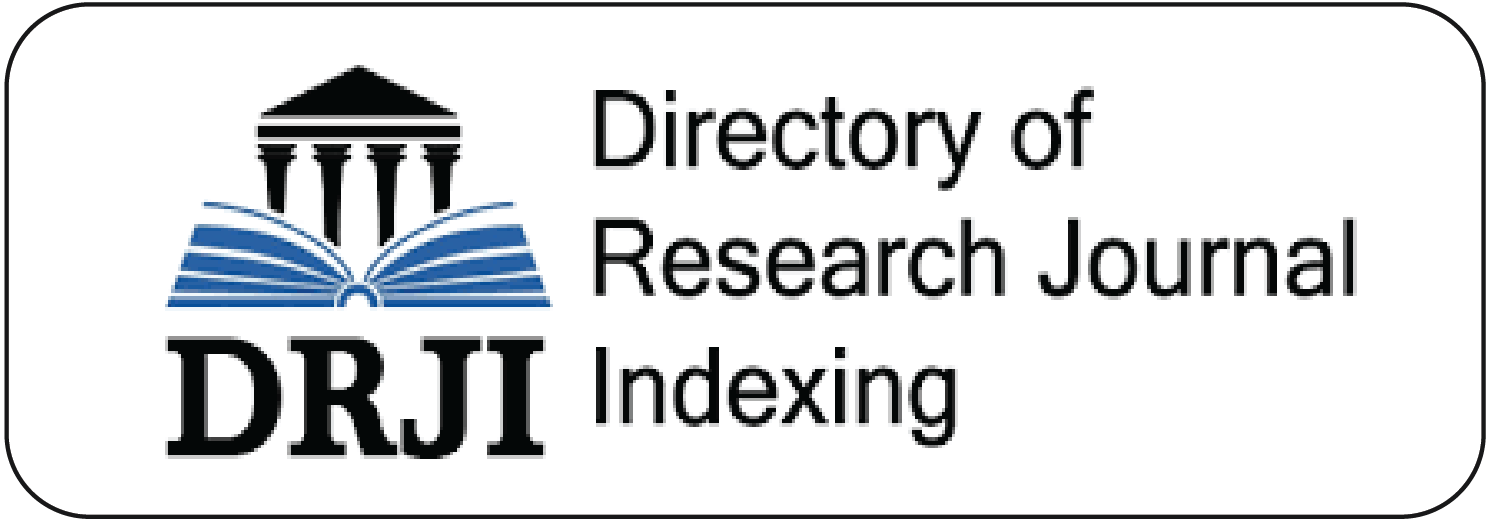The Impact Of Monetary Policy Using Islamic Or Non-islamic Money Supply On Fdi In Jordan (1980-2018)
DOI:
https://doi.org/10.51377/azjaf.vol2no2.61Keywords:
foreign direct investment (FDI), money supply (M2), the Islamic money supply (IMS), ARDL, JordanAbstract
This study aimed to investigate the impact of monetary policy using Islamic or non-Islamic money supply on FDI in Jordan. Using time series analysis of selected variables during the period 1980 until 2018 using the ARDL model. The objective achieved the appropriate statistical tests such as data stability and co-integration tests have been used. The variables analyzed include the money supply (M2), the Islamic money supply (IMS), the export (EXP), Government Expenditure (GOV), inflation rate (INR), The gross domestic product (GDP) as independent variables. The dependant variable is the foreign direct investment (FDI). This study results in a long-term and short-term statistically significant correlation between the money supply (M2), the Islamic money supply (IMS) and FDI. The Islamic money supply (IMS) has a positive impact and the money supply (M2) has a negative impact on the FDI. The study recommended; the Jordanian government must implement a targeted Islamic monetary policy to attract foreign direct investment in the Jordanian economy. Provide an appropriate environment for investment and to remove the obstacles to investment in general, in order to attract the capital of Jordanians working abroad for domestic investment, as well as for foreign investments.
Downloads
Downloads
Published
How to Cite
Issue
Section
License
Copyright (c) 2021 Adham Taher Mohmmad Alessa, Hartini Mohammad

This work is licensed under a Creative Commons Attribution-NonCommercial-NoDerivatives 4.0 International License.





















